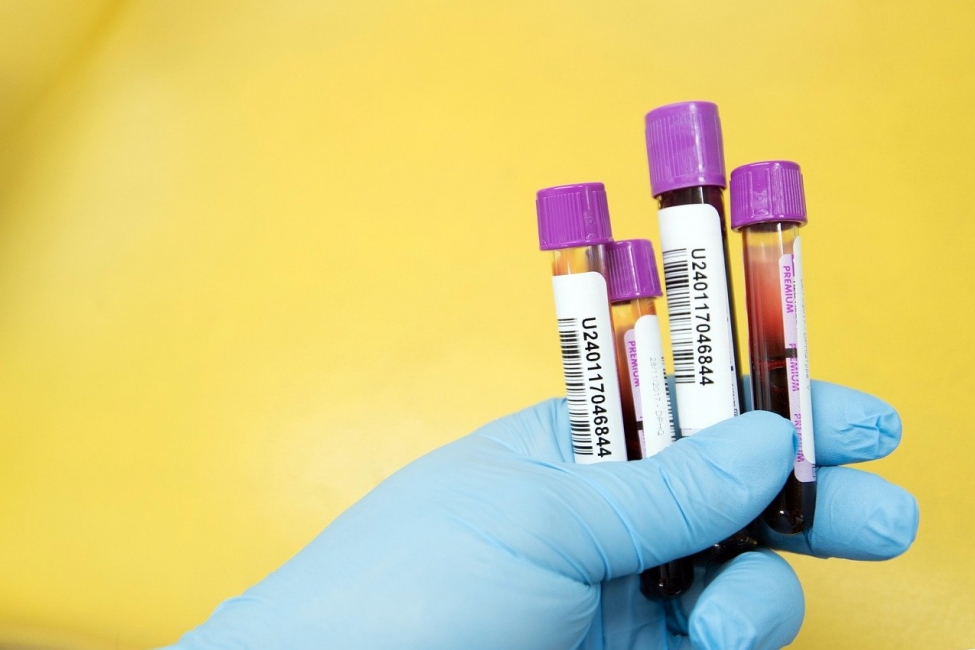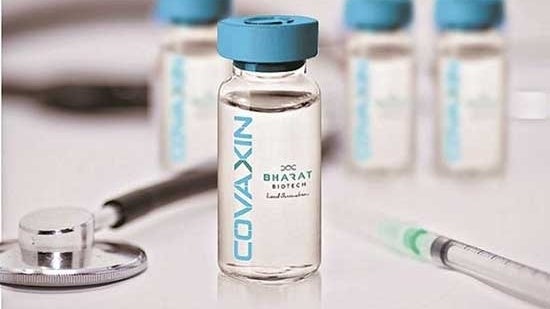Dr Sangeeta Agarwal, Additional Director & HOD, Transfusion Medicine, Fortis Memorial Research Institute, Gurugram
Blood cannot be created or formulated in an unnatural way. Therefore, that makes blood donation an important aspect of modern medicine. However, there is a sense of fear associated with blood donation which is linked to the pain it may cause, catching a disease, and developing weakness, to name a few. We need to spread awareness about blood donation being safe, it is safe as when a person is donating their blood, precautions are being taken care of which ensures that the donor is safe. However, there are some risks associated with blood donation which are called ‘adverse reactions’. They are visible in two forms: either bruising or fainting.
Who can be a donor?
A person can be a donor if:
- They are fit and not suffering from any diseases.
- One should avoid donating blood when they have a cold, cough, virus or an upset stomach
- The donors weight should be at least 45 kg
- Donors age should be between 16 to 65 years
Things to keep in mind
Before donation
- Keep yourself hydrated for a hour at least prior to the donation. This will help in maintain the blood pressure. Avoid drinking caffeinated drinks
- Eat food at least two hours before donating blood. This will keep the blood sugar levels stable ad help in feeling alright post donation
- Wear comfortable clothes and avoid tight outfit
- Get enough sleep
- If you are platelet donor, do not take aspirin for two days prior to donating.
- The form should be filled with complete honesty so that infections can be avoided
During donation
- Just before the collection a health check-up is conducted to ensure the donor is fit to go ahead with the process
- Stay calm and relaxed while donating blood as nervousness can lead to a drop in blood pressure. If it helps, listen to some music
After donation
- The donor should rest for at least 10 minutes post donation. This will give the hospital staff some time to ensure that the donor is fit
- Consume some snacks with high sugar content to maintain the blood sugar levels
- Read the instructions given to you carefully and properly
- Eat a protein rich meal post the donation
- For the next 12 hours the donor should not consume alcohol
- The donor should avoid excessively exhausting exercises and heavy weight lifting
- If at all you feel unwell, inform the collection team right away about the discomfort
If there is any sense of uncomfortable feeling, medical team should be informed about it. However, if the donor has already left the centre, an effective way to gain back control is to put your head between the knees to increase the blood flow to the brain. One can also lie down and lift the legs, this is also effective in increasing the blood flow.











